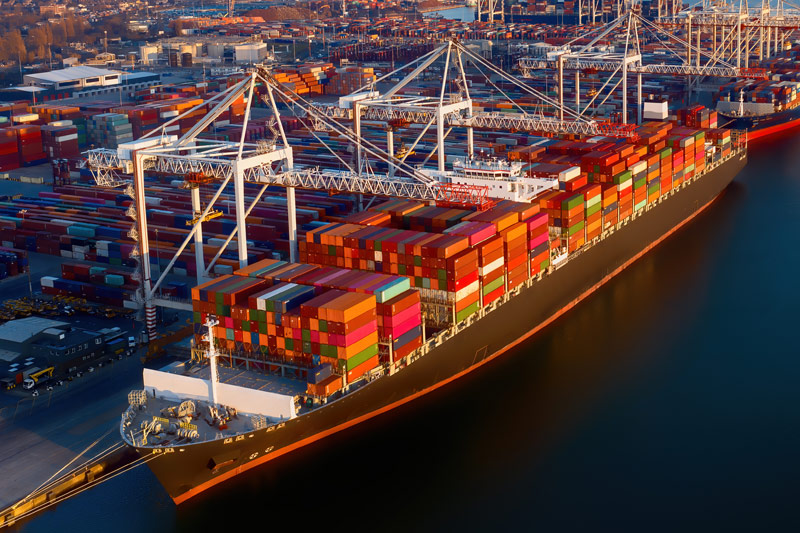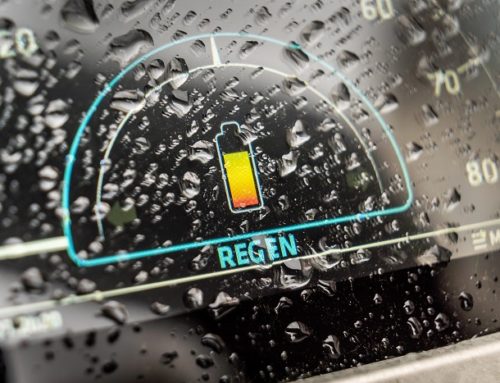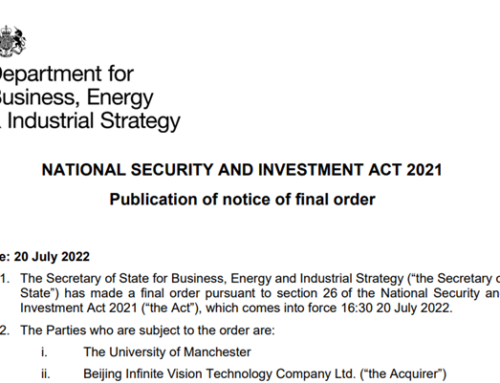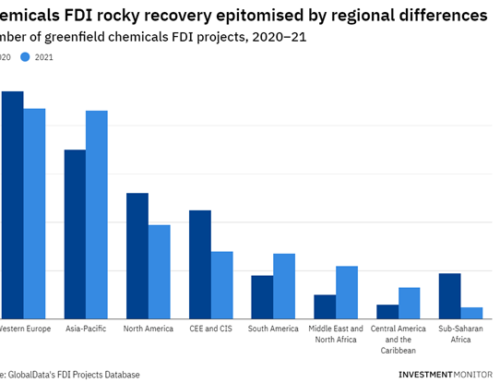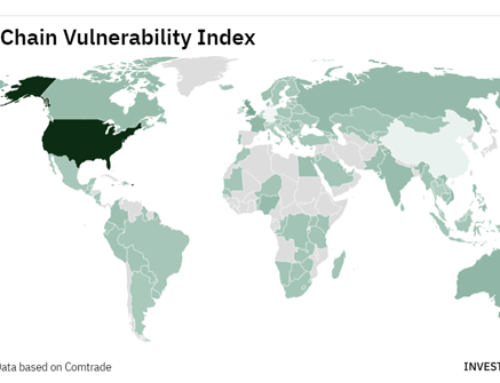The UK government recently gave its backing to the creation of eight Freeports as part of wider moves designed to stimulate international trade and investment. Two further are planned.
While full details have yet to be confirmed, their introduction presents an opportunity for US businesses trading internationally. The potential benefits range from simplified customs procedures to substantial cost savings for international trading.
What is a Freeport?
Freeports – similar to Foreign Trade Zones or FTZ in the US – are areas within a country that are outside its customs territory. There are an estimated 3,500 Freeports currently in operation across the world with around 80 across the EU.
Freeports act as a secure customs zone, which means they are within a country but subject to different rules. Goods coming into a country via a Freeport are exempt from paying tariffs until they enter the mainland or are shipped to another country. They offer huge benefits to companies that trade internationally.
Freeports are usually located at ports and airports and can benefit from a range of flexible customs controls, including;
- Duty relief
- Import taxes
- Simplified administrative procedures
- Tax measures to incentivise private investment
- Regulatory flexibility
- Investment in infrastructure
The New UK Freeports
Now that the UK has left the EU, the UK Government has created its own policies and terms for the new Freeports and it will aim to be competitive on the world stage, within the boundaries of the UK-EU Withdrawal Agreement.
The UK Government has 3 objectives for the Freeports:
- To establish Freeports as national hubs for global trade and investment across the UK
- To promote regeneration and job creation
- To create hotbeds for innovation
The Freeports will have two primary areas:
Customs Free Area: A primary customs site will be designated in or near a seaport, airport, or rail port within which the customs benefits will apply.
Tax Relief Area: Defined tax relief areas will also be designated, operating similarly to existing Enterprise Zones. These reliefs aim to incentivise business investment in capital assets and employment.
UK Freeport Locations
The 8 UK Freeports announced so far are:
- East Midlands Freeport
- Freeport East (Felixstowe and Harwich Ports)
- Humber Freeport
- Liverpool City Region
- Plymouth
- Solent
- Thames Freeport (London Gateway and Port of Tilbury)
- Teesside
It is widely anticipated that they will attract substantial investment into these regions.
Focus
Each of the UK Freeports will have green targets and contribute to the UK Government’s 10-point Plan towards the Green Industrial Revolution. They will also focus on industries and sectors with which they already have a strong alignment.
For example, Teesside will build on its world-class reputation in offshore, advanced manufacturing and engineering, chemicals and processes, and logistics. It will target Carbon Capture in the chemicals industry.
The London Thames Freeport will become a digitally linked economic zone connecting Ford’s world class Dagenham engine plant and the global London ports of London Gateway and Tilbury. It will offer the likes of Ford and the vehicle ecosystem “great opportunities as a test bed for a variety of customer-focused mobility technologies.” (Dr Graham Hoare OBE, Chairman and Executive Director, Business Transformation, Ford of Britain)
Freeport East, centred on the Ports of Felixstowe and Harwich International, is positioning itself as a Clean Hydrogen Hub. It will “leverage its synergies with offshore wind and nuclear power to create opportunities towards the decarbonisation of transport” says Robert Edge, Business Development manager at Haven Gateway Partnership, the organisation behind Freeport East. “We will be able to offer a hydrogen terminal with hydrogen combustion to service the 72 + freight trains and thousands of HGVs that arrive at the port every day, plus support the creation of thousands of green jobs in hydrogen for zero emissions buses, construction equipment, marine and agriculture”.
Scotland, Wales, and Northern Ireland are expected to shortly announce bids for their own adapted Freeports.
The Freeports will likely be operational late 2021-2022.
Key Benefits of the Freeports
So, what advantages might the UK Freeports present for US businesses?
Free of Duty: Typically, importers bringing goods into a Freeport do not have to pay duties until the goods leave the Freeport and enter the domestic market. That means no duty at all is payable if goods come into the Freeport and are then re-exported, without entering the domestic market.
Cost-savings: If raw materials are brought into a Freeport from overseas and processed into a final product before entering the domestic market, duties will be payable on the final goods, not on the raw materials, resulting in potential cost savings. This means you may be able to sell goods on the UK domestic market at a more competitive price.
Simplified customs procedures: Freeports benefit from simplified declaration procedures, which balance trader facilitation with border security and so present a reduced administrative burden. Businesses bringing non-controlled goods into a Freeport will need to make a customs declaration into their commercial records, while traders bringing in controlled goods, including those that are subject to excise duty, will need to complete a simplified frontier declaration.
In Conclusion
The new UK Freeports present an attractive option for US businesses looking to capitalise on new international trading opportunities, saving money and time and offer ease of trading conditions.
Manufacturing businesses looking to assemble prior to exporting around the world are most likely to benefit. Whilst some form of manufacturing facility will be required within the Freeport, temporary tax breaks are going to be available to encourage you to do so, including the likelihood of no stamp duty, reduced VAT and zero business rates for up to 5 years.
For up-to-date, expert advice on the new UK Freeports and international business expansion into the UK or beyond, contact the award-winning international expansion team at Trade Horizons.

